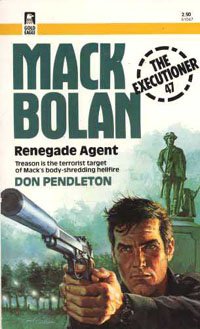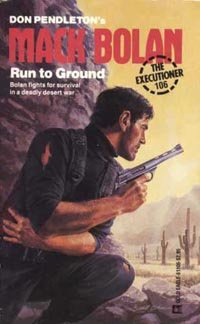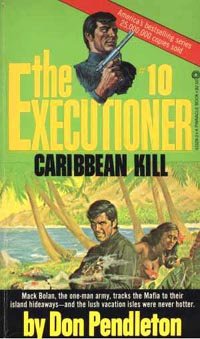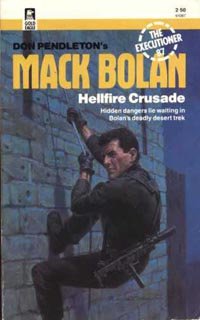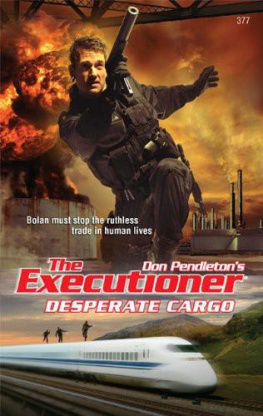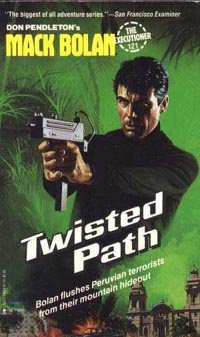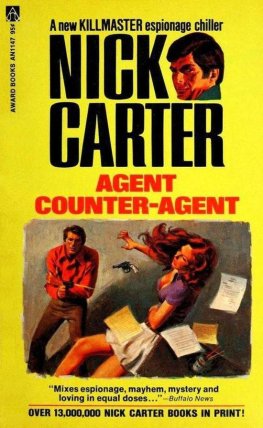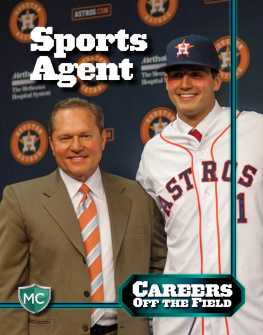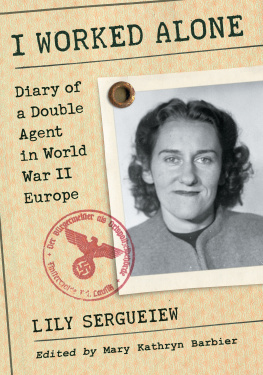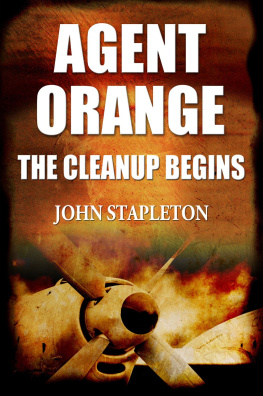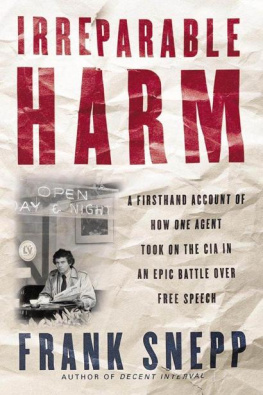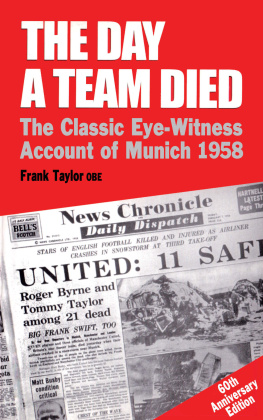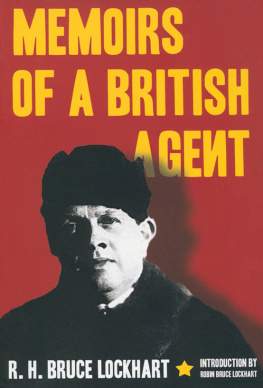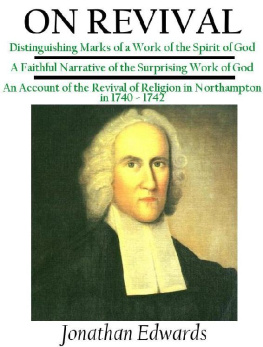Don Pendleton
Renegade Agent
Mack Bolan stood immobile in the darkness of the New England night. He was listening to the voices of the past. Before him the slow-moving waters of the Concord River lapped at its banks.
Behind him stood a man. The man wore a rolled-brim hat, a leather jacket with tucked-up sleeves, trousers of homespun. A thong around his left shoulder held a powder horn, its tip sealed with a cork. In his right hand was a long-barreled flintlock musket, primed and loaded and tamped.
This was a man who would live free or die. Mack Bolan turned to regard the bronze figure and murmured, "Live large, Brother." For yeah, this man and the others he represented were indeed brothers of the man known as the Executioner, brothers in soul and spirit, the kinship sanctified in blood and gunpowder, the bond spanning two centuries and a great nation's history. The date was September 26, 1774, when the citizens of the Massachusetts hamlet of Concord resolved at their town meeting "that there be one or more Companys Raised in this Town by Enlistment, and that Said Company Stands at a Minute's Warning in Case of an Alarm." Could those people have known that these Minutemen, as they came to be known, would be the vanguard in the war for American independence?
The warm night breeze whispered the words of Minuteman Captain John Parker to Mack Bolan's soul: "Stand your ground. Don't fire unless fired upon, but if they mean to have a war, let it begin here!" It was a hard and brave philosophy. Its application had not changed in the intervening two hundred years. Mack Bolan did not seek war, but like for certain being fired upon, along with every other man and woman who cherished the freedoms that those soldiers of the long ago had fought to establish. The enemy then was the British Redcoats, whose ideologies were nationalism and empire. Today the enemy was the international terror-mongers, incomparably worse, whose ideologies, indefensible and altogether from another age, from now, were enslavement, torture, death. In front of Bolan, the narrow deck of the old North Bridge reached across the river. Here it had begun.
Here, on April 19, 1775, four hundred Minutemen had faced and repulsed the hated Lobsterbacks. Dispirited, discouraged, hurting, the British retreated toward the safety of Boston.
By the time they reached Meriam's Corner, a mile east of Concord, they believed they had made it.
They sighed their relief, and thinking themselves secure once more, marched on.
Instead they walked into a hellground.
Without warning the woods exploded. The flash of primer, heavy reports of musketfire, made dense clouds of black powder smoke that drifted on the still midday air.
Heavy .75-caliber lead balls tore through Redcoat flesh. White with fear, hovering on the brink of wild-eyed panic, the British tried to return fire but there was nothing to shoot at. The Minutemen had melted back into the forest like specters.
Mack Bolan smiled grimly in the darkness.
He heard the boom of gunfire, saw the soldiers marching on through the countryside, their red wool uniforms drenched with sweat despite the spring coolness, terror marching at each man's right hand.
A tree, a house, a stone wall anything big enough to hide a man and a musket could spell death.
Yeah, the Redcoats had learned the same lesson that Mack Bolan was teaching the human predators of the twentieth century: how the icy touch of dread really felt when the oppressor turned into the oppressed. The feel of that bony finger along the spine.
And so began the American Revolution. In its parts it was a war like any other war in warrior mankind's history, filled with pain and death, heartache and futility. Yet from it arose a greater nation than had ever before existed.
Those "embattled farmers" of the past, those citizen-soldiers, had not asked for war. But when it became the only way to stand up for tneir rights as free men, they did what must be done.
Mack Bolan could do no less than fight to preserve that same nation, that idea, that kind of war.
He stood upon the hallowed ground and listened to the night-voices speak of goodness and truth and independence, and he felt a kinship with the past.
A night-voice whispered: "Good hunting, Brother." Bolan turned and looked up to the Minuteman on his pedestal. Then he turned again and slipped into the shadows, drawing the night around him like a protective cloak.
Also "Clear," Bolan said in a low voice.
Herman "Gadgets" Schwarz went past him in the darkened hallway and crouched in front of the solitary inner door.
Bolan followed, his sneakered feet sinking soundlessly into deep-pile carpet. This was the upper floor of the two-story headquarters and laboratories of a company named DonCo.
Half-hidden in the piney woods off of Route 128, which ringed Boston, neither the building nor its name was particularly well known to the general public; if they thought of it at all, it was as just another electronics outfit along technology row. But, in fact, DonCo was one of the most successful and well-regarded hi-tech think tanks in the country.
Bolan pulled a high-intensity narrow-beam penlight from a belt pouch and clicked it on, focusing the arrow-thin ray of illumination on the lock set flush into the door. Gadgets leaned closer, ran sensitive probing fingers over its surface.
"Yale type." he muttered. "Double acentric cylinders, shielded turn blers." He looked up at Bolan. "One of your socalled unpickables."
"Can you take it?" Bolan asked.
Gadgets grinned in the dim light but did not answer. He was already unzipping a flat leather case the size of a pocket calculator, removing a delicate looking wire-thin instrument.
Mack Bolan had no doubt that Gadgets could "take" the lock; the cool, painstaking Able Team member had not come by his nickname lightly.
He had already performed technological magic several times this night and the hard part was still to come.
This was a softprobe only, a nighttime penetration for purposes of surveillance and intelligence.
Although both men wore concealing blacksuits and dark cosmetic goop on hands and face, neither carried lethal weaponry. The only people they might conceivably encounter within the bowels of the think tank tonight, Saturday, would be security guards, innocent folk completely unaware of DonCo's dark underbelly-noncombatants, whom Bolan had no intention of drawing into his war.
The immediate mission required that their presence go totally undetected by all means, both while in progress and after execution. If their tampering were later discovered, all would be for nothing. From the earliest days of his war against the Mafia, Mack Bolan was aware of the parallel existences of law and expediency. His respect for law was second to no man's. Yet he knew full well that expediency must rule when the ponderous workings of law conspire, however innocently, to protect a traitor's yellow hide.
Bolan heard the soft snick of tumblers falling into line. "Got it, Sarge," Gadgets murmured. "I think."
The Executioner flicked off the penlight as Gadgets replaced his lockpick and straightened.
"Wired for backup?" Bolan suggested.
"No," Gadgets said firmly. "That I'm sure of."
Still, Bolan tensed as he palmed the brass door knob. A remote alarm sounding off somewhere would be disastrous for absolute sure. Yet there was no other man Bolan would have chosen for this mission than Gadgets. Stony Man One could afford to place his fate and the fate of the entire Stony Program in the wizard's sensitive hands. Gadgets Schwarz had first proved his skill when he bugged a VC command bunker to gain intelligence from a Bolan-Zitka sniper-team operation. Ever since, this rare individual, crafty and nerveless, had been an eager recruit to the blitzing warrior's Death Squad, later to the fight against international terrorism as technical consultant to John Phoenix's Stony Man Farm, and as full-time member of the group's tactical squad, Able Team, secret heroes of three recent missions of unusually blazing intensity.

